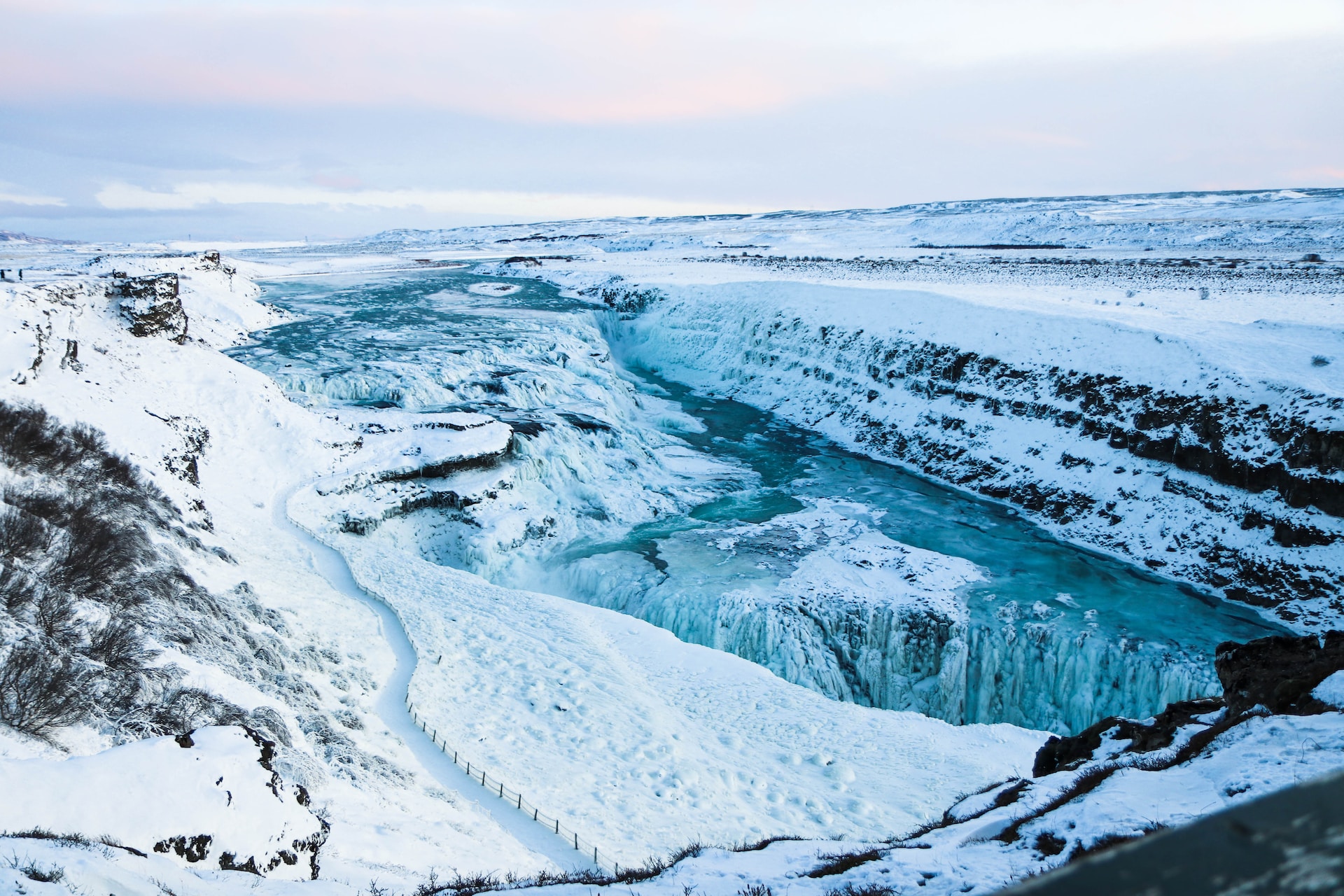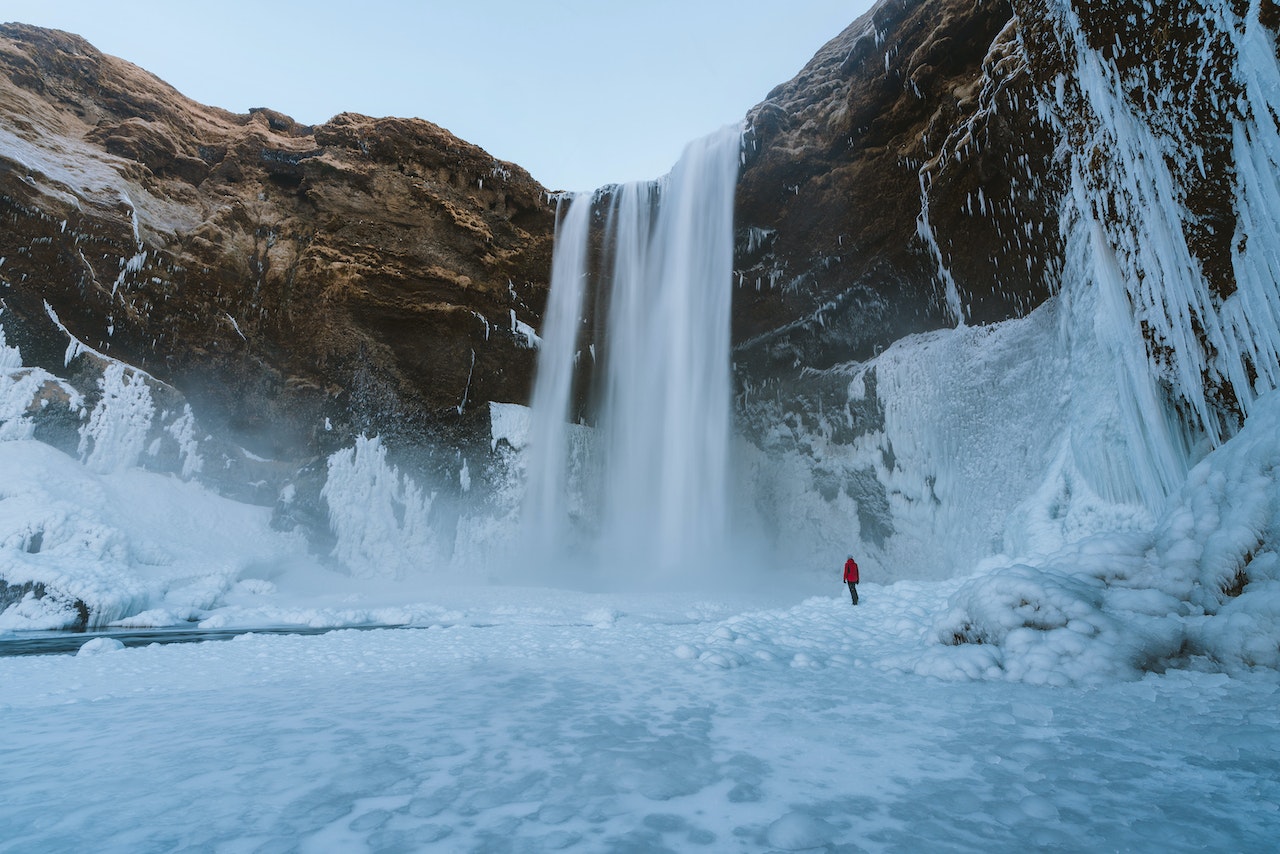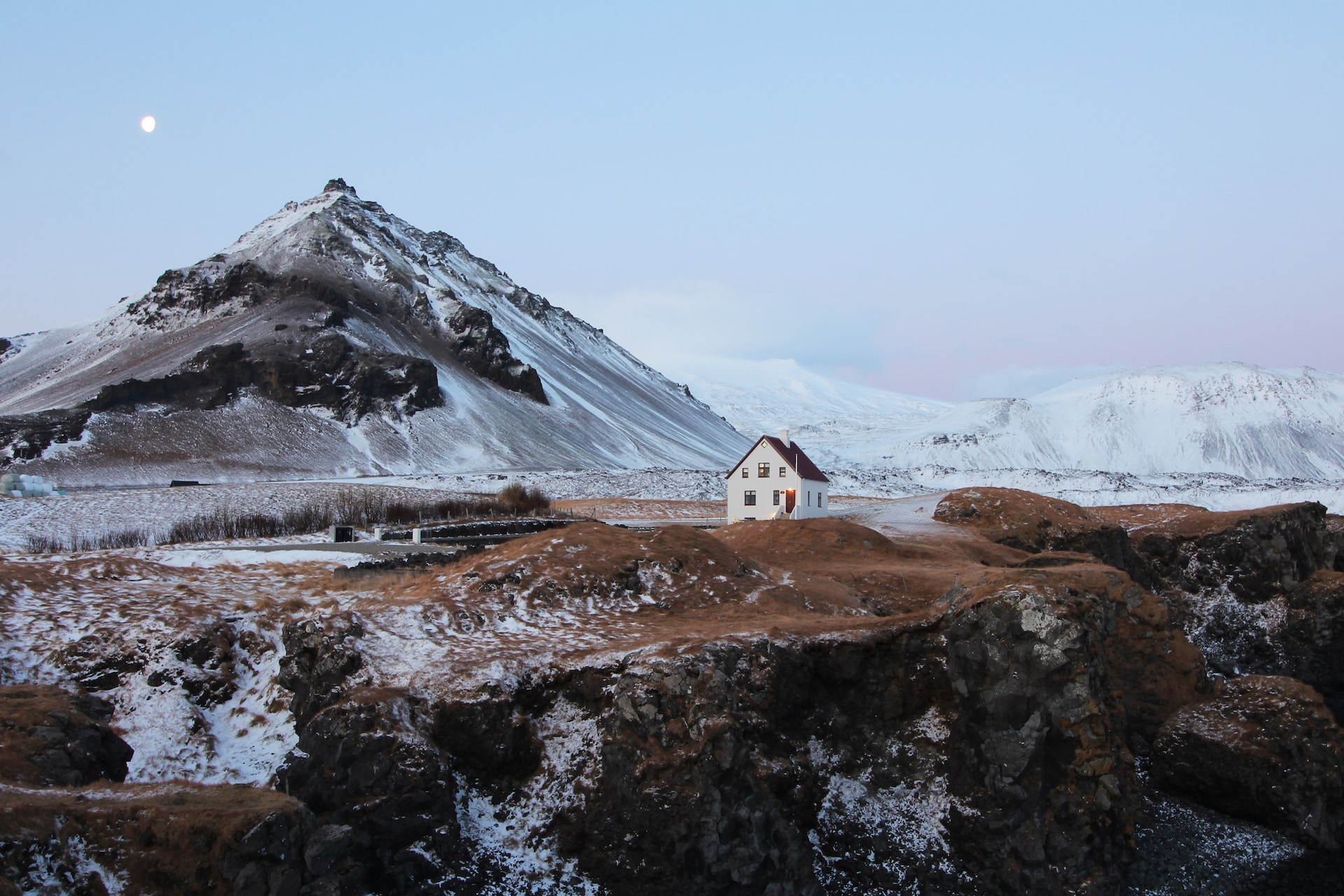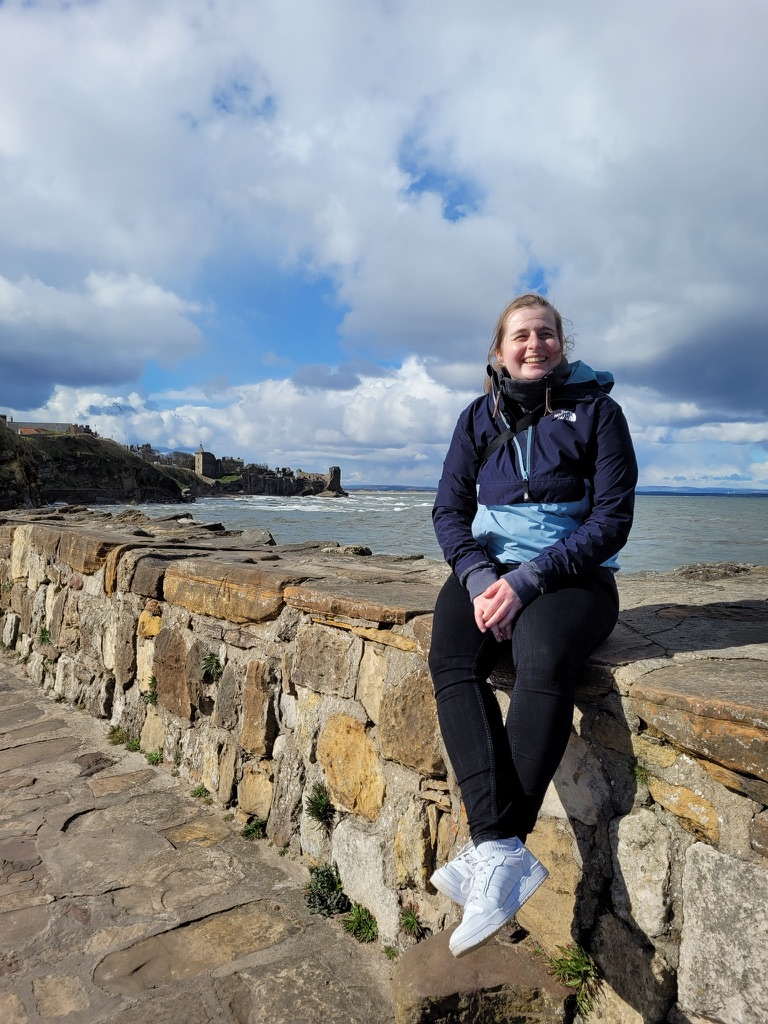Tucked on the Northern Hemisphere of the planet, Iceland is magnificent. The Land of Fire and Ice displays Mother Nature’s most beautiful facade. Majestic glaciers floating on aquamarine waters, rolling hills cloaked with meadows or snow, sizzling geothermal pools, and many more. Therefore, Iceland is a dream destination for a lot of people. Many travelers fly to the country during the summer to enjoy meadowed hills, sunny skies, and breathtaking waterfalls. However, do you know that traveling during Iceland’s off-season can be a great idea? This blog will tell why you should travel to Iceland during the off-season!
When is Iceland’s off-season?

Fewer travelers fly to Iceland as autumn ends, which is November. This period of low tourism extends until February, which is the winter season. So, Iceland’s off-season happens in November – February. People rarely flock to the country’s proud spots and natural landscapes, making it comfortable for you to explore. Moreover, March-May is also a great time to visit if you want lesser crowds, although it is generally busier than November – February.
What is the weather like during Iceland’s off-season?
Iceland’s off-season ranges during the winter. In the country, winter means cold nights, dark skies, and uncontrollable wind. Temperatures hover around 0-5°C during the period. Besides that, it can reach -1°C or -2°C in several months, especially in January. Moreover, expect unpredictable weather during these icy months. You might experience rainfalls, blizzards, or even howling winds. Make sure to bring waterproof clothes, windbreakers, or warm jackets as you decide to visit this country.
What to expect during the off-season in Iceland?

Off-season in Iceland means dark winters, low prices, and snow-cloaked landscapes. Here are some things that you can expect during the off-season in Iceland!
1. Lower Prices
Of course, talking about off-season always rotates around lower prices. During Iceland’s off-season, you can expect cheaper flights, low accommodation prices, and more affordable vacation packages. Flight tickets in the winter months are 30-50% cheaper than the favorable summer months. Furthermore, accommodations are selling their rooms at cheaper prices as there are not as much as guests compared to the sunny months. So, if you want to save your bank while still traveling to Iceland, we recommend going in the off-season.
2. Freezing Temperatures
Off-season in Iceland means a cold winter. Expect temperatures as low as -2°C during the night. Besides that, get ready for Iceland’s unpredictable weather. The winter might bring sudden blizzards or icy rainfalls that you have no idea about before. With that being said, you can book a cozy eco-resort with a fireplace or a warm, comfortable hotel room. Also, make sure to bring thick clothes to fight the cold away.
3. Snowy Landscapes
Iceland fits the phrase ‘Winter Wonderland’ perfectly. The mountains, valleys, and towns are covered in beautiful white snow. An endless landscape of white is what you can witness during this cold season. Reykjavik, the capital of Iceland, looks like a place where Santa Claus would live with his elves. Moreover, it is the best time to see the towering, icy glaciers.
4. Ice Caves
One of Iceland’s most magical landscapes is the ice cave. The freezing temperatures of winter form magnificent ice-blue formations in the shape of tunnels and caves. You can explore naturally-formed ice caves, like Breiðamerkurjökull Glacier and Vatnajökull. Therefore, it is one of the best things to see if you travel during Iceland’s off-season.
5. Northern Lights
This extraordinary natural phenomenon lures travelers from all over the globe to fly to Iceland. Colorful, green-colored lights dance in the pitch-black horizons, creating a spectacular scenery you can find nowhere else. Northern Lights are visible in the country’s dark skies during the winter. Moreover, as the night are longer and colder, it is more likely to see this breathtaking sight. However, you must note that hunting for the Northern Lights might be challenging due to the unpredictable weather. Make sure to stay longer – at least a week – if your main agenda is seeing the Northern Lights.





